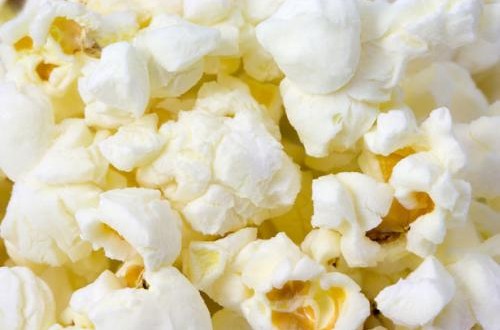Scientists Figure Out Why Popcorn Goes ‘Pop’, In an unusual study published on Wednesday, engineers Emmanuel Virot and Alexandre Ponomarenko carried out experiments into what makes popcorn, well, pop.
Cameras recording at 2,900 frames per second helped show what happened when a kernel of corn strutted its stuff.
When the temperature reached 100 degrees Celsius (180 degrees Fahrenheit), some of the moisture inside the corn started to turn into steam, the researchers found.
As the temperature rose to around 180 C (356 F), pressure built to around 10 bar, or 10 times the atmosphere at sea level.
Unable to withstand the stress, the outer shell broke open, causing a dramatic drop in pressure that forced the kernel’s starchy innards to expand and protrude.
“We found that the critical temperature is about 180 C (356 F), regardless of the size or shape of the grain,” said Virot, an aeronautical engineer at the elite Ecole Polytechnique.
The first thing to emerge from the fractured shell is a limb-shaped structure — a “leg” — that comes into contact with the surface of the pan and starts to compress under the heat.
Tensed and then released, the “leg” causes the corn to leap up — a height ranging from a few millimetres to centimetres (tenths of an inch to several inches)– and emit a “pop” from the sudden release of water vapour.
A few milliseconds later, the granules spewing from inside expand to form a spongey flake.
Evolution from fracture to flake takes less than 90 milliseconds — 0.09 of a second.
The popcorn’s leap results from an intriguing combination of thermodynamics and fracture mechanics, rather than just the blast of pent-up gases.
“A piece of popcorn has a singular way of jumping, midway between explosive plants such as impatiens, and muscle-based animals such as human beings,” the researchers said.
Agencies/Canadajournal
 Canada Journal – News of the World Articles and videos to bring you the biggest Canadian news stories from across the country every day
Canada Journal – News of the World Articles and videos to bring you the biggest Canadian news stories from across the country every day



